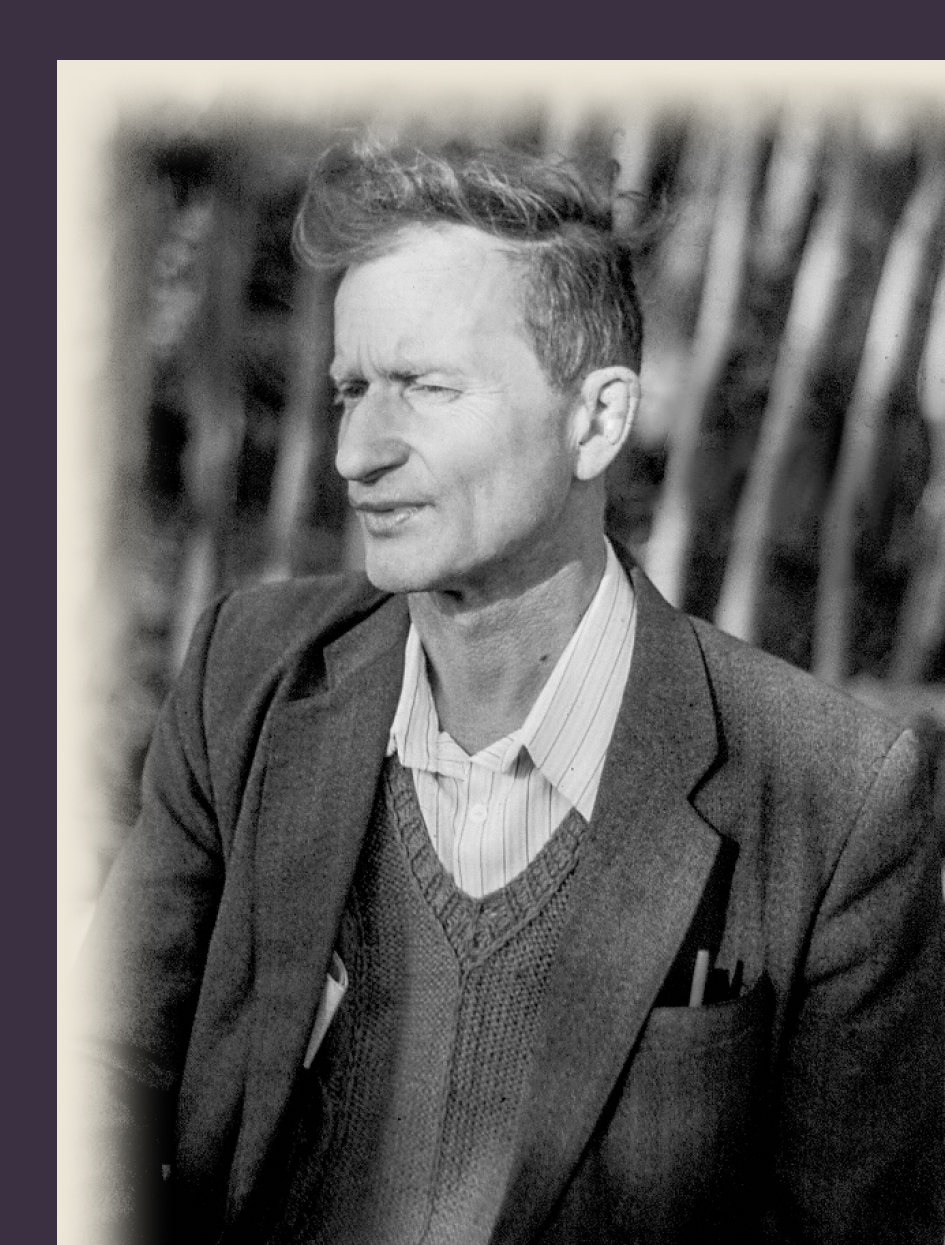
Anatoly Vladimirovich Makovsky was born on May 30, 1933, in Bolshevo, Moscow Oblast. His mother, Galina Nikolaevna Makovskaya (1915–1992), was a beautiful woman, a distant relative of the Makovsky painters, and an artist herself. Her first husband, Anatoly's father, was Vladimir Yakovlevich Rapoport; this marriage was short-lived. In 1941, Galina Nikolaevna and Tolik lived in Kyiv. After the Germans invaded, she published anti-Soviet caricatures in the newspaper Ukrainian Word.
In 1942, Galina Nikolaevna and Tolik moved to Germany. There, Galina Nikolaevna met the theater director Vladimir Sergeevich Iogelsen (1913–1996), and they married in March 1945. In 1947, both were convicted under Article 58 (anti-Soviet activity). After their release, they lived and worked in a theater in Tashkent for some time. They later separated, and in 1966, Galina Nikolaevna managed to return to Kyiv. During the war, Tolik lived in a boarding house in Goldberg, Germany. In 1945, he was a street child for a while until he joined a Soviet army unit, becoming a “son of the regiment.”
After the war, he ended up in an orphanage in Irkutsk, then studied at a military music school (1947–1951; he played the clarinet in the orchestra). In 1955, he graduated from a military-technical school in Gorky and served in the army. In 1958, he entered the mechanics and mathematics department of Moscow State University (MSU), graduating successfully in 1963. His thesis advisor was A.I. Bunimovich, the father of the poet Yevgeny Bunimovich. He then pursued graduate studies but did not complete them, moving to Novosibirsk in 1966, where he worked as a programmer until 1978.
Apparently, he began writing poetry in the 1950s. In the 1960s, he befriended poets Leonid Ioffe and Yevgeny Saburov, both students at the mechanics and mathematics department. In Novosibirsk, a circle of poets formed: Alexander Denisenko, Anatoly Makovsky, and Ivan Ovchinnikov; “Vanya, Tolik, Denis” from Yevgeny Kharitonov's poem. It is clear that this writing life in Moscow and Novosibirsk was largely informal. By the early 1980s, when I met him, he had already been doing “unskilled labor” for several years, that is, he had become a hobo, more or less a homeless Bohemian. But Anatoly not only retained his intelligence but also made a strong impression with his poems and overall demeanor. He was like a dervish, utterly selfless. After his mother’s death, Tolik settled in Kyiv in a small apartment… which ultimately led to his demise. In August 1995, after several months in Moscow, he left for Kyiv, and we never saw him again. Let Mikhail Aizenberg's poem serve as an epitaph:
Life continued, ruleless, half-day's strife,
Eyes showed not terror, but hunger's faint trace.
Teal sweater, beltless pants — his life.
Not a man, but a pigeon's postal grace.
His walk, though unsteady, was noted as fleet.
Followers always fell behind, out of sight.
Earth bore him, lighter than feather or sleet,
If gone — hardly noticed, his vanishing flight.
Still he peered about, pecked at his feed,
With a pigeon's wary, unsettled gaze.
Yet it was over; all decreed
Of his brief life, fearful and innocent ways.
IVAN AKHMETYEV
My life in some dove gray light
pigeons fly to the blue night
girls to someone make promises
to others just sway their hips
bells ring out with sorrow’s measure
I’ve resolved my task of pleasure
yet the world is unresolved
God’s not digitally evolved
though Gospel pages turn to yellow
pigs will dream of troughs so mellow
had I money, I’d flee to Nice
loiter abroad would suffice
there no one understands me
better here they don’t accept me
how am I at fault that idiots
are strange to idioms’ fragrant lots
Late 60s